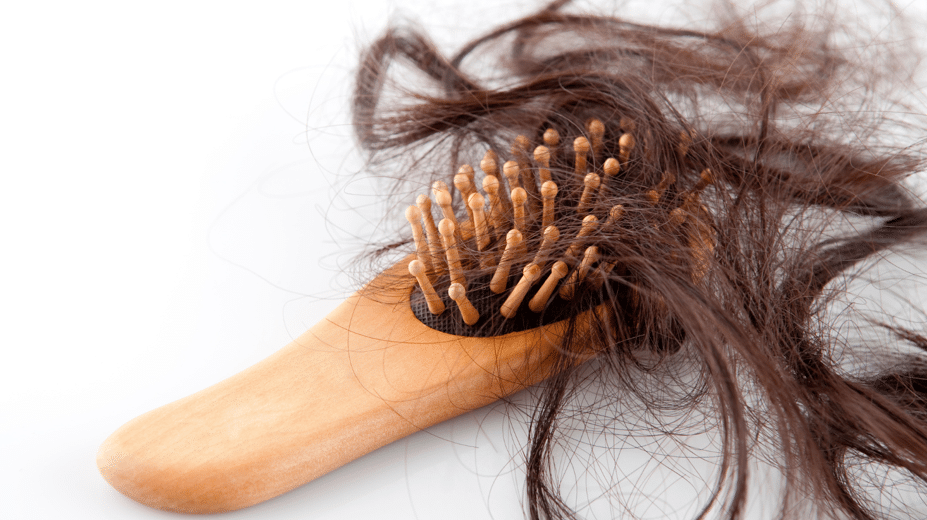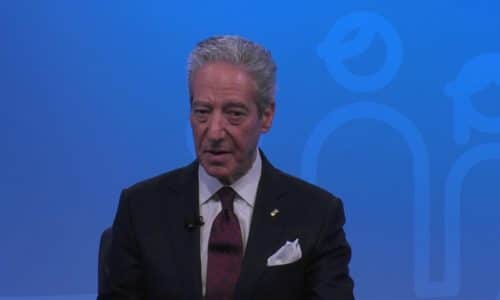Understanding the Differences in Hair Loss Between Men and Women |
 Hair loss is a common condition that affects millions of people worldwide, but it can present differently in men and women. In a recent interview, a doctor shed light on the differences between hair loss in men and women and the possible reasons behind them.
Hair loss is a common condition that affects millions of people worldwide, but it can present differently in men and women. In a recent interview, a doctor shed light on the differences between hair loss in men and women and the possible reasons behind them.
In men, hair loss typically begins with the frontotemporal area, also known as the “Christmas tree” pattern, where the hair gradually recedes back, leaving the frontal hairline intact but thinning out. Another common pattern is a widening of the part line or a diffuse thinning, similar to the male pattern. On the other hand, women tend to experience a gradual thinning of the crown area, leaving the frontal hairline intact.
While the differences in hair loss between men and women are well documented, the reasons behind them remain unclear. There is speculation that men may have different sensitivities to the type of testosterone that causes hair loss, while women who lack body fat or have low estrogen levels may be more prone to develop a male pattern appearance.
Regardless of the reasons, both men and women can take steps to slow down or prevent hair loss. One important approach is to be mindful of one’s diet, as a lack of essential nutrients can lead to hair thinning and hair loss. Another helpful tip is to eat slowly and mindfully, as overeating can lead to weight gain, which can also affect hair growth.
Additionally, there are several hair loss treatments available, including medications, hair transplants, and laser therapy. It is important to consult a qualified medical professional to determine the best course of action for each individual case.
In conclusion, while hair loss may present differently in men and women, there are steps that can be taken to prevent or slow down its progression. A healthy diet, mindful eating, and consulting with a medical professional can all help maintain healthy hair and prevent hair loss.








